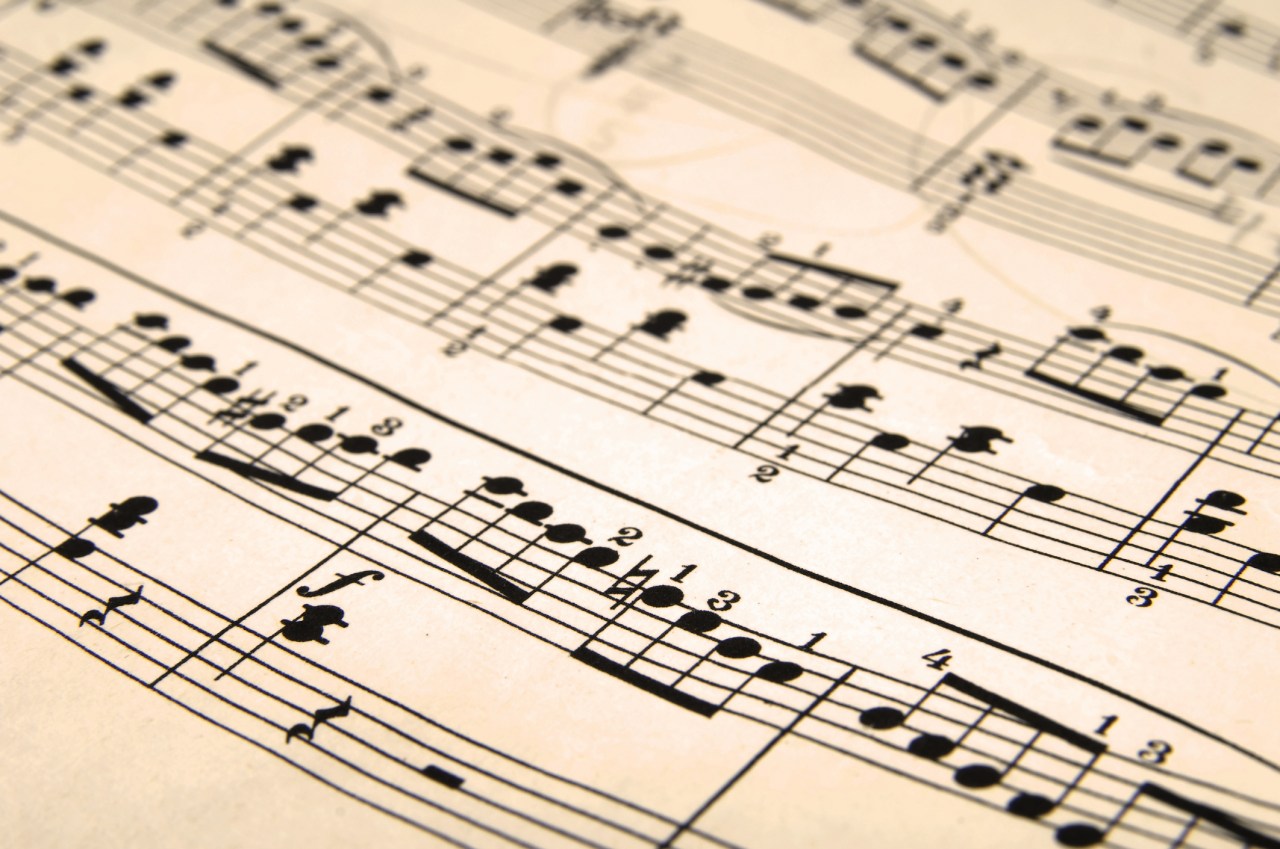In a world increasingly dominated by artificial intelligence and machine learning, the cultural enrichment of these systems has often been overlooked. While these algorithms demonstrate tremendous capabilities in tasks ranging from image recognition to language translation, they have remained astonishingly ignorant of one of humanity’s most profound artistic achievements—classical music. Enter MusicNet, an ambitious project initiated by researchers from the University of Washington, aimed at addressing this incongruity by equipping machines with the knowledge and appreciation of classical compositions.
What Is MusicNet?
At its core, MusicNet is designed to serve as a comprehensive dataset that emulates the pioneering impact of ImageNet in the realm of computer vision. Compiling 330 classical music recordings, predominantly featuring works by Beethoven, the dataset is tailored for the training of machine learning systems in discerning musical structures and nuances. While Beethoven may take center stage with his popular piano repertoire, MusicNet also showcases selections from esteemed composers such as Schubert, Brahms, and Mozart.
Innovative Annotation Techniques
The remarkable aspect of MusicNet lies in its meticulous annotation process. Each recording is matched with its corresponding score, accurately detailing every note played down to the millisecond. This process would traditionally require extensive manual labor, but the researchers employed a technique known as dynamic time warping to facilitate the mapping of a piece’s written score against live performances. By balancing creativity and variability inherent in human interpretation, dynamic time warping allows for precise and efficient data processing without sacrificing quality.
The Role of Machine Learning in Music Analysis
To delve into the capabilities that MusicNet unlocks, the research team pitted several machine learning systems against the dataset for an initial test. As these neural networks learned to associate specific musical notes with corresponding segments of recordings, they began to identify features that were previously unquantified in the music domain. Lead author John Thickstun emphasized the significance of this transition from hand-crafted to learned features, paralleling the evolution seen in the computer vision field a decade ago.
Promising Results and Future Prospects
Encouragingly, early experiments with MusicNet yielded impressive results. Models trained on this dataset exhibited greater accuracy in identifying musical notes compared to those relying on traditional annotations. Where these early algorithms may currently distinguish basic tonal differences, the researchers envision a future wherein deeper networks will evolve to understand more complex musical constructs, including melody, harmony, and rhythm.
Expanding the Musical Horizon
The journey it seems has only just begun. The team advocates for further contributions to the dataset, encouraging other researchers to augment MusicNet with additional recordings to enhance the breadth and depth of musical understanding. This collaborative growth could potentially lead to machine learning systems capable of creating original compositions, a transformative leap towards marrying technology with artistry.
Conclusion: A Symphony of Innovation
The implications of MusicNet extend beyond mere technical advancement; they herald a move toward enabling machines to grasp the aesthetic dimensions of music that resonate with human emotions and experiences. As this project progresses, it symbolizes a harmonious fusion of the analytical capabilities of AI and the expressive power of classical music, promising a richer cultural dialogue between humanity and its evolving technological counterparts.
At fxis.ai, we believe that such advancements are crucial for the future of AI, as they enable more comprehensive and effective solutions. Our team is continually exploring new methodologies to push the envelope in artificial intelligence, ensuring that our clients benefit from the latest technological innovations. For more insights, updates, or to collaborate on AI development projects, stay connected with fxis.ai.

